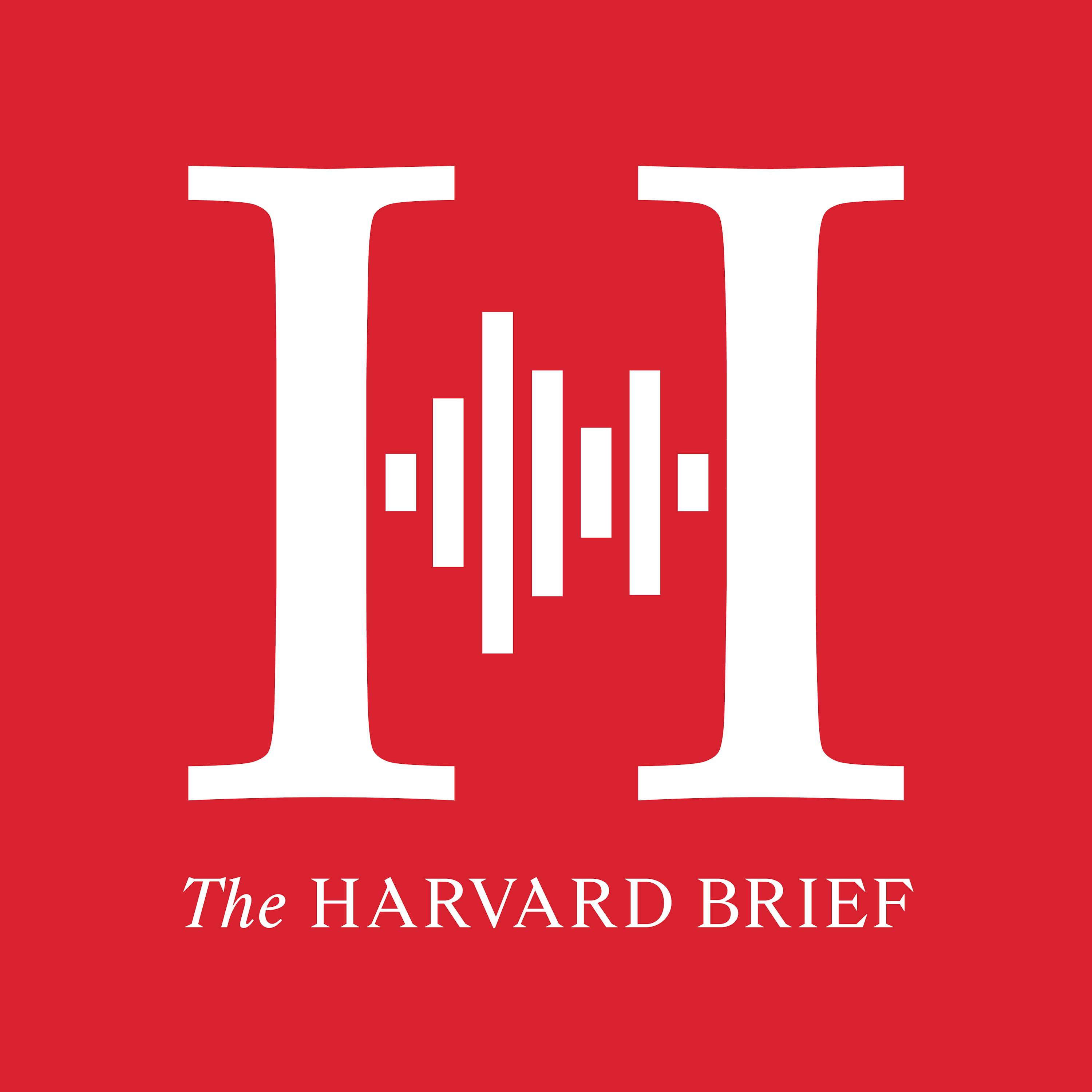Jonathan Gienapp, "Against Constitutional Originalism: A Historical Critique" (Yale UP, 2024)
Description
The legal theory of constitutional originalism has attracted increasing attention in recent years as the US Supreme Court has tilted with the weight of justices who self-describe as originalists.
In Against Constitutional Originalism: A Historical Critique (Yale UP, 2024), Jonathan Gienapp examines the theory and describes how it falls short of achieving the interpretive authority that it claims.
Gienapp asserts that we need to reconstruct 18th century legal arguments as they were originally understood before judging them, while originalists reject historical understanding in favor of a more pliable textualist approach that allows them to impose their modern legal perspectives onto the past.
This "have your cake and eat it too" methodology allows originalists to claim the authority of the Founders while simultaneously discounting anything that those same Founders may have said, done, or understood that doesn't appear among the approximately 7500 words of the Constitution itself.
This book speaks directly to originalists with a challenge to make a fundamental choice between recognizing how our modern constitutional practices distort the original constitution and embrace them for the modern fiction that they are, or recover the original Constitution that the Founders actually knew.
Author recommended reading:
The Interbellum Consitution: Union, Commerce, and Slavery in the Age of Federalisms (Yale UP, 2024) by Alison L. LaCroix
Related resources:
The Structure of Scientific Revolutions by Thomas S. Kuhn
Edwin Meese speech to the American Bar Association in 1985
Constitutional Faith by Sanford Levinson
New Books Network interview with Jonathan Gienapp, when Derek Litvak spoke with him in 2019 about The Second Creation: Fixing the American Constitution in the Founding Era (Harvard UP 2018).
More Episodes
Each of us is endowed with an inheritance--a set of evolved biases and cultural tools that shape every facet of our behavior. For countless generations, this inheritance has taken us to ever greater heights: driving the rise of more sophisticated technologies, more organized religions, more...
Published 11/10/24
Published 11/10/24
In the tense years of the early Cold War, American and Soviet women conducted a remarkable pen-pal correspondence that enabled them to see each other as friends rather than enemies.
In a compelling new perspective on the early Cold War, prizewinning historian Alexis Peri explores correspondence...
Published 10/24/24


